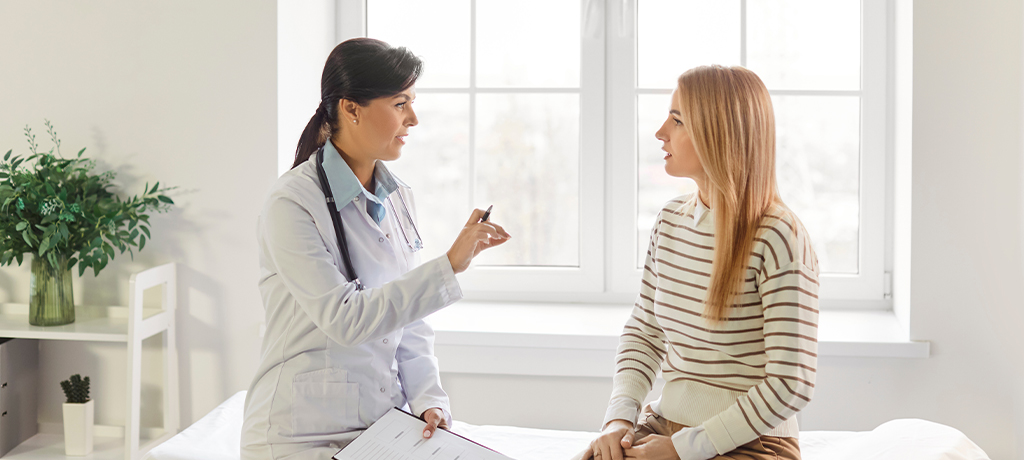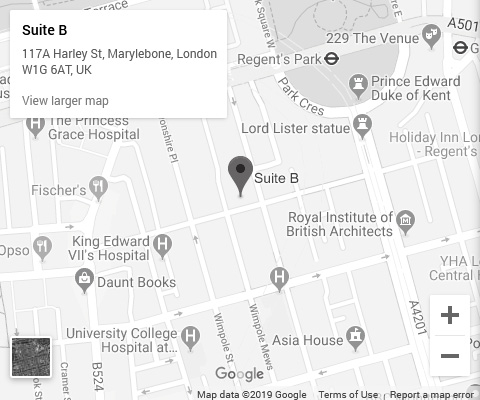
Women’s health is a cornerstone of overall well-being, yet it often takes a backseat in our busy lives. Whether you’re juggling work, family, or personal goals, prioritising your health can feel like just another task on the to-do list. But here’s the thing: regular gynaecological checkups are not just appointments—they’re investments in your future. For women in London and across the UK, these checkups offer peace of mind, early detection of potential issues, and personalised care through services or private clinics. In this guide, we’ll explore why these visits matter, debunk common myths, and provide practical advice to help you take charge of your health.
2. What Is a Gynaecological Checkup?
A gynaecological checkup is a routine medical examination focused on the female reproductive system. It’s like a wellness check for your body’s unique needs. During the visit, your doctor will review your medical history, perform a pelvic exam, and may conduct additional tests such as a smear test (cervical screening) or breast exam.
In the UK, you have two main options: services, which are free at the point of care, or private clinics, where you might pay for faster access or additional services. While screenings are highly reliable, private clinics can offer more flexibility, especially if you’re looking for specialised care or shorter wait times.
3. Key Benefits of Regular Gynaecological Checkups
a) Early Detection of Health Issues
One of the most significant advantages of regular checkups is catching problems before they escalate. Take cervical cancer, for example. The offers free smear tests every three years for women aged 25-49 and every five years for those aged 50-64. These tests detect abnormal cells that could turn into cancer if left untreated. Early intervention saves lives.
Other conditions, like ovarian cysts, fibroids, or endometriosis, can also be identified early through pelvic exams and ultrasounds. Addressing these issues promptly can prevent complications and improve quality of life.
b) Monitoring Reproductive Health
Irregular periods, painful cramps, or difficulty conceiving can all signal underlying issues. A gynaecologist can help diagnose conditions like polycystic ovary syndrome (PCOS) or hormonal imbalances. If you’re planning to start a family, regular checkups ensure your reproductive system is in good shape.
c) Preventive Care
Prevention is always better than cure. Gynaecological visits often include STI screenings, which are crucial if you’re sexually active. Additionally, the HPV vaccine—available through the for eligible individuals—protects against strains of the virus that cause cervical cancer. Staying proactive about prevention keeps you healthier in the long run.
d) Managing Menopause Symptoms
For women approaching or experiencing menopause, gynaecologists play a vital role in managing symptoms like hot flashes, mood swings, and bone density loss. They can assess hormonal levels and recommend treatments to ease the transition.
4. Common Myths About Gynaecological Checkups
Let’s bust some myths that might be holding you back:
-
"Only sexually active women need checkups." False. Even if you’re not sexually active, regular exams can detect issues like ovarian cysts or abnormal bleeding.
-
"Checkups are only necessary when symptoms occur." Not true. Many conditions, like cervical cancer, often show no symptoms in the early stages. Waiting until something feels “off” could mean missing the chance for early treatment.
-
Addressing embarrassment and fear: It’s normal to feel nervous, but remember, gynaecologists are professionals who’ve seen it all. Their goal is to make you comfortable and informed.
5. Recommended Checkup Frequency in the UK
The provides clear guidelines for cervical screening: every three years for women aged 25-49 and every five years from 50 to 64. However, if you have a family history of reproductive cancers or existing health concerns, you might need more frequent visits. Private clinics can offer tailored schedules based on your needs.
6. What to Expect During a Gynaecological Visit
Here’s a step-by-step breakdown of what happens during a typical consultation:
-
Medical History Review: Your doctor will ask about your menstrual cycle, sexual activity, and any symptoms you’ve noticed.
-
Pelvic Exam: This involves checking the vagina, cervix, and uterus for abnormalities.
-
Smear Test (if due): A small sample of cells is collected from the cervix for analysis.
-
Additional Tests: Depending on your situation, you might undergo an ultrasound or blood tests.
To prepare, write down any questions or concerns, wear comfortable clothing, and avoid douching or using vaginal products before the appointment.
Take control of your health today.
Schedule your regular gynaecological checkup and stay proactive about your well-being!
7. How to Choose the Right Gynaecologist in the UK
Choosing the right gynaecologist is about finding someone who makes you feel heard and respected. Look for:
-
Qualifications and Experience: Ensure they’re registered with the General Medical Council (GMC).
-
Patient Reviews: Online feedback can give insights into their bedside manner.
-
Comfort Level: Trust your gut—if you don’t feel at ease, consider switching doctors.
Private gynaecologists may offer quicker appointments, while practitioners provide comprehensive care without cost barriers.
8. The Role of Telemedicine in Modern Gynaecological Care
Telemedicine has revolutionised healthcare, including gynaecology. Virtual consultations are ideal for follow-ups, discussing test results, or addressing non-urgent concerns. In the UK, platforms like Babylon Health and -approved apps make remote care accessible. However, telemedicine isn’t suitable for physical exams or procedures, so it’s best used as a supplement to in-person visits.
9. Conclusion
Regular gynaecological checkups are more than just routine appointments—they’re lifelines to better health. From early detection of serious conditions to managing menopause symptoms, these visits empower you to take control of your well-being. Don’t wait for a problem to arise; schedule your next appointment today. For resources, visit .uk. If you prefer private care, trusted clinics like Gynae UK Clinic offer excellent services.
Your health is worth it. Take the first step now!
10. FAQs
At what age should I start having gynaecological checkups?
Most women begin cervical screenings at 25 in the UK. However, if you experience symptoms or have specific concerns, consult a gynaecologist earlier.
How painful is a smear test?
While some discomfort is possible, most women find the procedure quick and manageable. Deep breathing can help relax your muscles.
Can I visit a private clinic without a GP referral in the UK?
Yes, many private clinics allow self-referrals, though a GP referral might still be recommended for continuity of care.






-in-the-UK.jpg)

